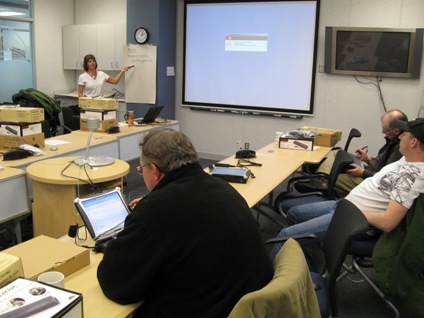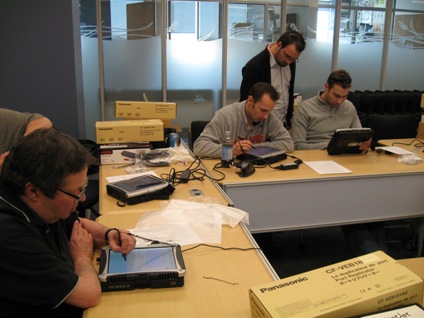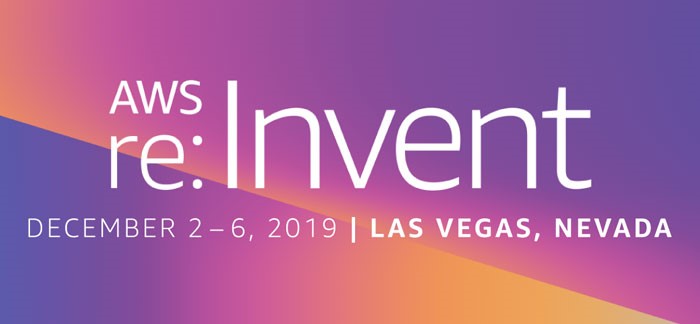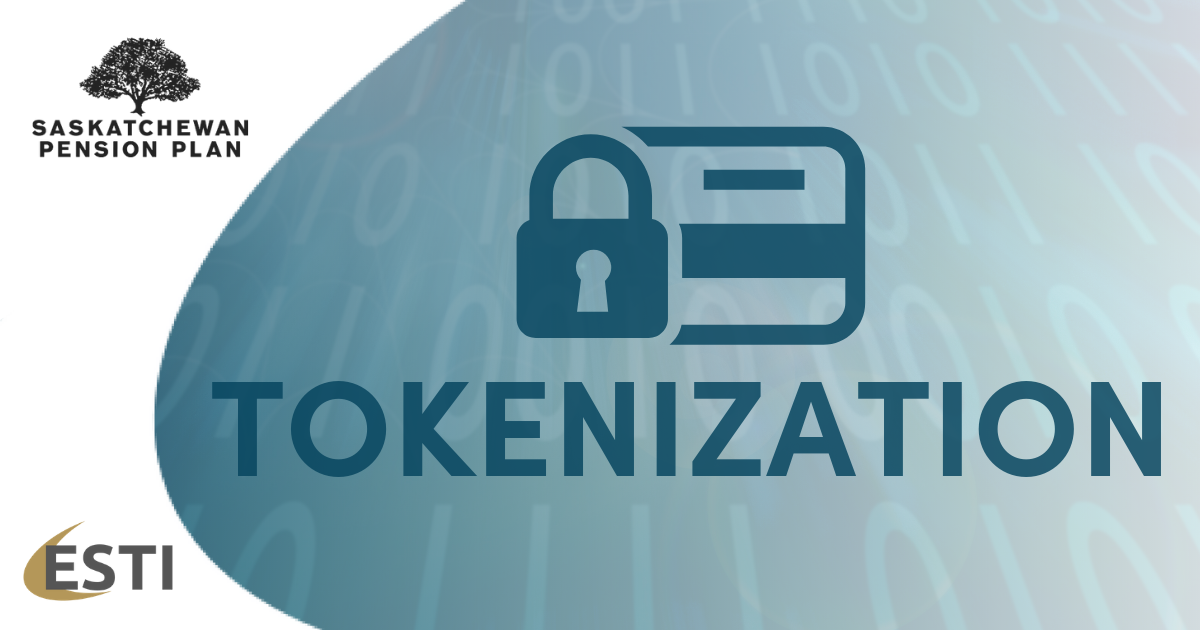Everyday in Saskatchewan, Environmental Project Officers (EPOs) conduct drinking water quality inspections. Inspections are performed, often in remote locations, in facilities with widely varied temperatures and humidity levels. Traditionally, these types of conditions were not favourable to computerized technologies so inspection data was collected on paper forms, then transported back to an office for manual data re-entry into a database application.
Ruggedized computers combined with recent Oracle technology offerings (Oracle Database Lite 10g) enabled the Ministry of Environment to optimize their Remote Inspection Data Capture practices.
From September 2008 to February 2009, the Ministry of Environment's Environmental Protection Branch, the Information Technology Office (ITO) and ESTI Consulting Services worked together to develop and implement the Remote Inspection Data Capture solution:
- Drinking Water Quality EPOs now carry ruggedized tablet PCs and enter inspection data directly to RIDC during an inspection.
- Print-outs of the completed electronic inspection forms are prepared in the field directly from the tablet PC using portable thermal printers.
- Inspections are completed and the inspection data is saved electronically for comparisons and reference during future inspections. This also eliminates the need for EPOs to input redundant or erroneous data.
- EPO and Operator signatures are captured on the tablet PC as each inspection form is completed. This is used as verification of the inspection and its findings.
- An EPO's inspection data is securely stored locally on the tablet PC. Upon a connection to the Government of Saskatchewan's secured network, the inspection data on the tablet PC is synchronized to the data at the central application database for management review, approval and posting into the Production SEEMS database.
The Ministry now has 20 EPOs in the field using RIDC and the Ministry has realized measurable improvements in their ability to measure the quality of water in the Province.
Technically, this project was completed using Oracle Database Lite 10g and Microsoft Visual Studio 2008 for .NET Framework. These components work together to manage all data synchronization between the field and central databases. Updates to the RIDC software are performed automatically during synchronization with the central database server. This means that remote support for the software is minimized: an important feature with field technologies.
ESTI would like to congratulate the Ministry of Environment and the ITO on the successful completion of this pilot project.

RIDC Training Session for EPOs

RIDC Training Session for EPOs
Project Team
Ministry of Environment Environmental Protection
- Marlon Killaby - RIDC Project Lead
- Pam Minifie - Business Systems Manager
- Shaun Hase - Business Analyst
- Donny Howe - Business Analyst
- Derrick Hoehn - EPO, Field Trial Testing
- Ryan Evans - EPO, Field Trial Testing
- Ginny Nisbet - FOAD Project Manager
Information Technology Office
- Crystal Olson - ITO RIDC Project Manager
- Waqar Ahsan - Database Administrator
ESTI Consulting Services
- Jeff Banow - Principal Analyst, ESTI Project Manager
- Geoff Beauregard - Senior Analyst
- Nathan Sparks - Analyst
- Stacy Lloyd - ESTI Partner, Senior Business Analyst


_5d7ac7878f74b0_52802491.png)

